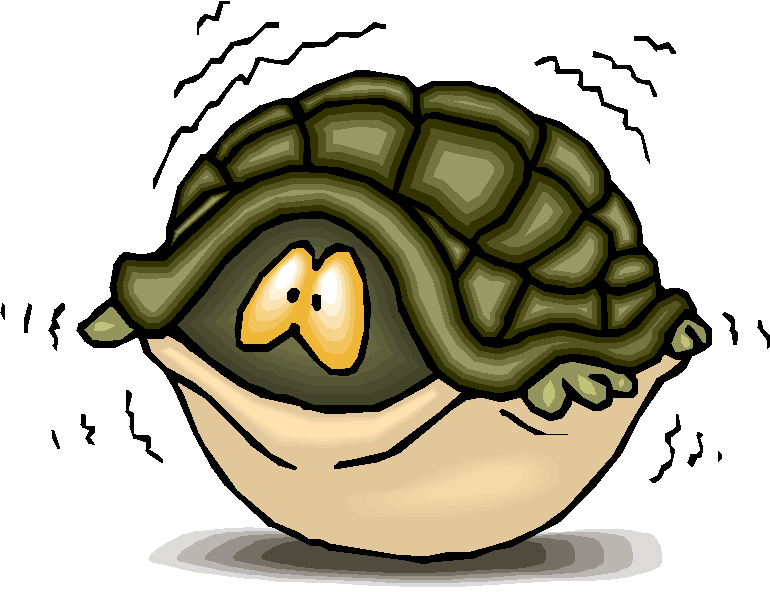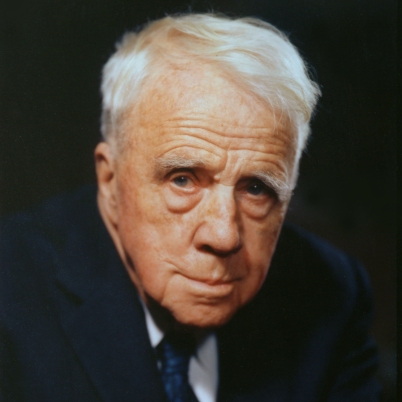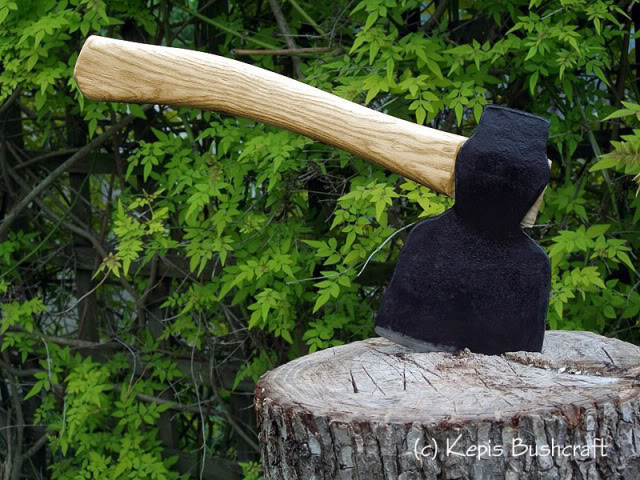The Pasture is a poem which is colloquially written. Theme of The Pasture is to comfort a child and the sole motive is to assure the child that bad times will pass and good times will bloom again in is way. Below we have The Pasture paraphrase in order to break the poem down and provide an explanation of the Pasture.
I’M going out to clean the pasture spring;
I’ll only stop to rake the leaves away
(And wait to watch the water clear, I may):
I shan’t be gone long.—You come too.
These lines depict that the speaker of this poem is a parental figure whose sole purpose is to comfort the child and to assure the child that there is nothing to fear about and if there is something it won’t linger for a long time.
In this paragraph, it is noticeable that an adult says these lines to a little one. The adult talks about clearing the passage for the child and about watching the water to go clean. This quatrain implies the adult’s interaction with the farm’s natural elements. It is noticeable that the child is white-lipped and anxious of being left alone by the adult. To counteract this, the adult assuages the child’s fears by telling him to come along with him too.
I’m going out to fetch the little calf
That’s standing by the mother. It’s so young,
It totters when she licks it with her tongue.
I shan’t be gone long.—You come too.
The second paragraph makes it clear that the parental figure is a mother who is the speaker of the poem. Over here she tries to strike a chord with her child by empathizing the calf’s relationship with his mother.
The mother cow licking her calf shows that there is an element of motherhood, care and protection involved. The mother brings the relationship of the mother cow and her calf to reiterate and magnify the warmth, love and affection she has for her and thus in the end of every paragraph she tells her child to come along with her.
The idea of The Pasture is calm and its motive is to soothe the child who is frightened to be left alone by his mother.
The poem has a background of a pasture which may seem colorful, bright and massive with the evergreen trees and clear waters but it may also be intimidating to the child. The pasture here acts as a metaphor to the world which may seem beautiful yet fearful at the same time. Thus the child’s mother assuages her child’s fears by telling him to come along and follow her lead. Indeed, the Pasture by Robert Frost is a delight to read.
Some online learning platforms provide certifications, while others are designed to simply grow your skills in your personal and professional life. Including Masterclass and Coursera, here are our recommendations for the best online learning platforms you can sign up for today.
The 7 Best Online Learning Platforms of 2022
- Best Overall: Coursera
- Best for Niche Topics: Udemy
- Best for Creative Fields: Skillshare
- Best for Celebrity Lessons: MasterClass
- Best for STEM: EdX
- Best for Career Building: Udacity
- Best for Data Learning: Pluralsight

















This analysis is nonsense.
And the writer is a male, as is the person speaking to the audience. The ‘raking the leaves away’ has absolutely nothing to do with ‘clearing a path for a child’. Raking the leaves away is a manner of collecting the leaves from the small spring/pond from which the water comes (most often with the same rake as used elsewhere), so that they do not enter the pump-house and clog the system—and also to keep them from decaying in the water.
It’s an introductory poem by Frost, intended to familiarize his audience with himself, his region, his farm, and his poetry.
There is no child; there is no woman—it’s a reflective piece intended to relate the passage of time in the natural life of the farm and the farmer.
You got only one thing correct—it is a delightful poem to read.
Samuel you are so right! Also I feel the poem telling me, from its mood, that “I shan’t be long” is only a thing which the poet says to imply the opposite for there will always be something happening to which the writer will (out of want) attend, in the pasture. He loves being out there and invites whomever, to come also. Time is unimportant. That’s what I feel when I read this poem. I really think Frost meant more than what you pick up in his poem. After all, it was Frost!
turtles
Samuel and Petra are on the right track. There’s nothing in the text to support the idea of a mother and a child. And these are called “stanzas,” not “paragraphs.”